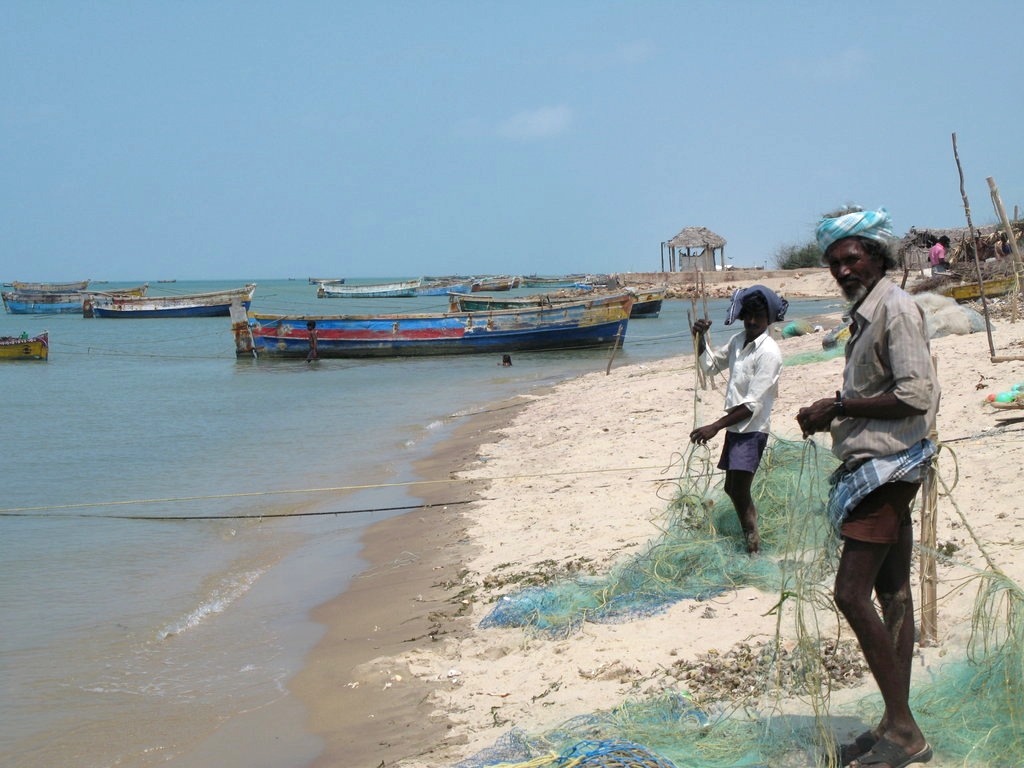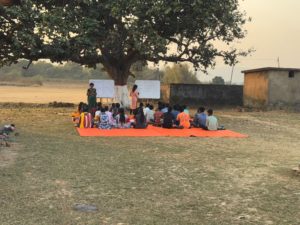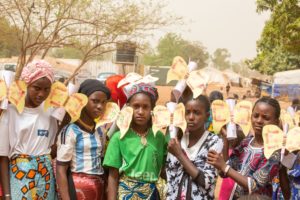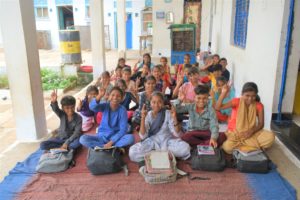In Tamil Nadu, facing an ocean on the brink of exhaustion, the establishment of a sustainable management of fish stocks (living aquatic resources) is essential in order to guarantee decent living conditions for fishermen and their families. Rameshwaram Island is located at the southeastern tip of the Indian subcontinent in the Gulf of Mannar. According to a 2001 census, 40,000 people live on this island, the majority of whom are traditional small-scale fishers. During the 2004 tsunami, almost the entire fishery was affected, after which an excessive distribution of boats by authorities and NGOs reinforced the problem of over-exploitation of fishery resources. The drastic reduction in income from fishing has forced many families to migrate to large cities, where they often end up exploited and abused.
What Terre des Hommes Switzerland does
The goal of this program is to support traditional fishing communities. It is based on developing their skills, as well as on raising awareness on the issues of sustainable management of fishery resources and sustainable development. Moreover, it emphasizes the role of young people and children through education in ecology, a tool that will enable them to take their future into their own hands.
To this end, Terre des Hommes Switzerland and its local partner, People’s Action for Development (Pad), are training children in the preservation of the environment. The program also implements integrated community action on fishery resources, including the analysis of natural hazards and possibilities. The traditional knowledge of the fishermen is recognised and disseminated in order to enable them to become essential partners in the negotiations. Lobbying work is supported to enhance its impact on sustainable development stakeholders and authorities.
In conclusion, in 2014, 9,000 children will have an enhanced awareness of the environment; 105 children will be trained in ecology. Significant advocacy and lobbying work will have been carried out and 6,685 fishing families will be able to defend their interests.





